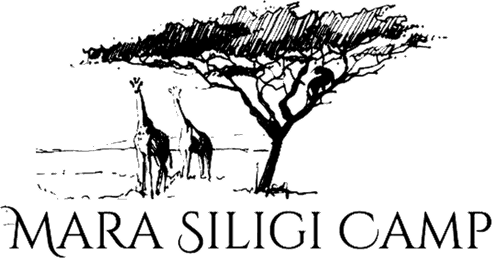Stress-Free Safari: Masai Mara Accommodation with Wellness and Massage Packages
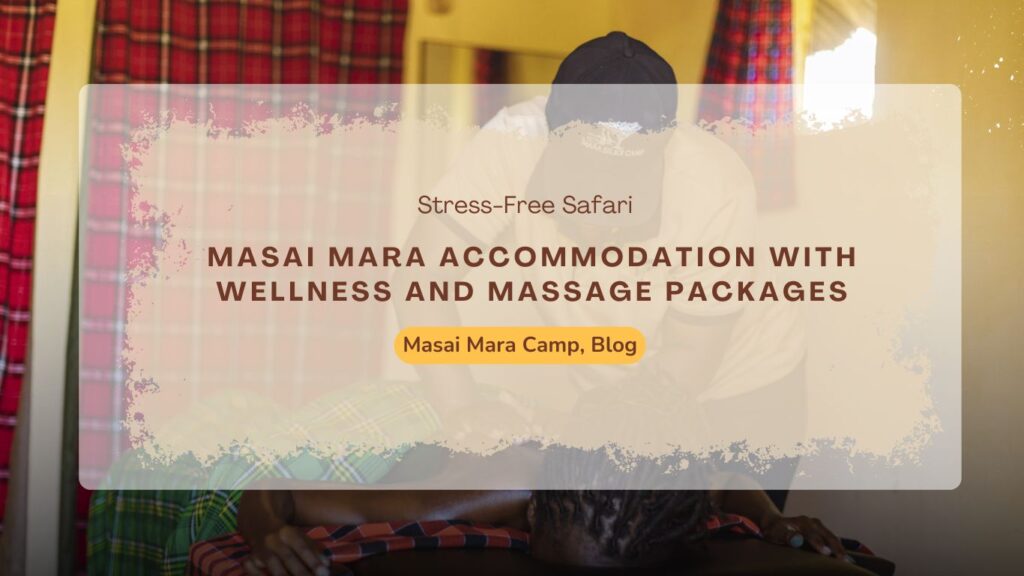
Masai Mara stay with Wellness and Massage When you think of a Masai Mara safari stay, adventure and wildlife often come to mind first. But what if your safari could also be about relaxation, wellness, and rejuvenation? At Mara Siligi Camp, we blend the thrill of the Mara with the serenity of camp-based wellness experiences, […]
Discover the Spirit of Safari with Mara Siligi Camp
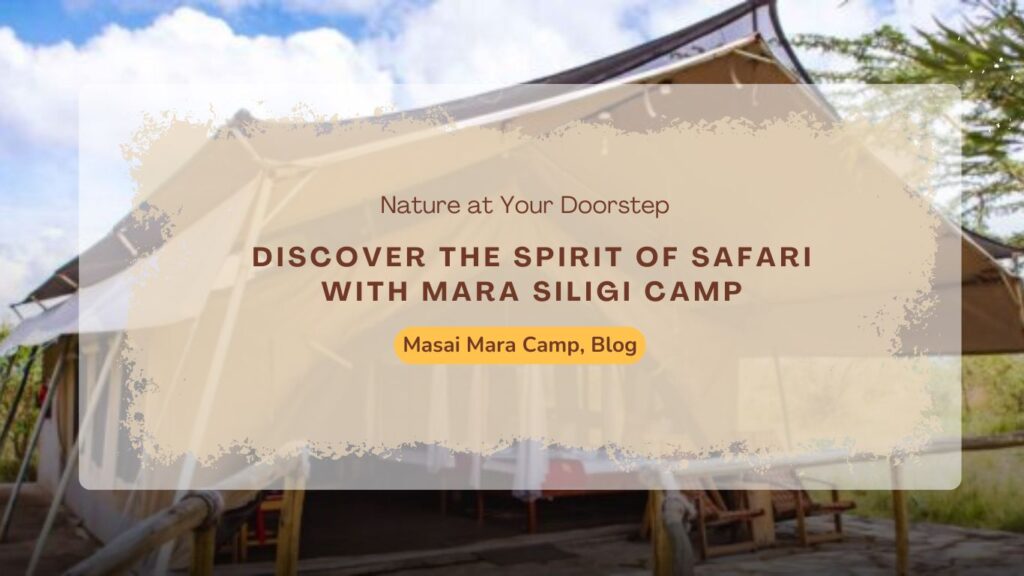
Safari with Mara Siligi Camp Your Masai Mara safari stay at Mara Siligi Camp is an invitation to live the Mara, not just a vacation. You are immediately engrossed in a camp experience that blends coziness, wildlife, culture, and environmentally conscious living. Enjoy tented accommodations with breathtaking views, go on camp-based game drives that begin […]
Wake Up to the Wilderness: Morning Game Drives from Masai Mara Camps
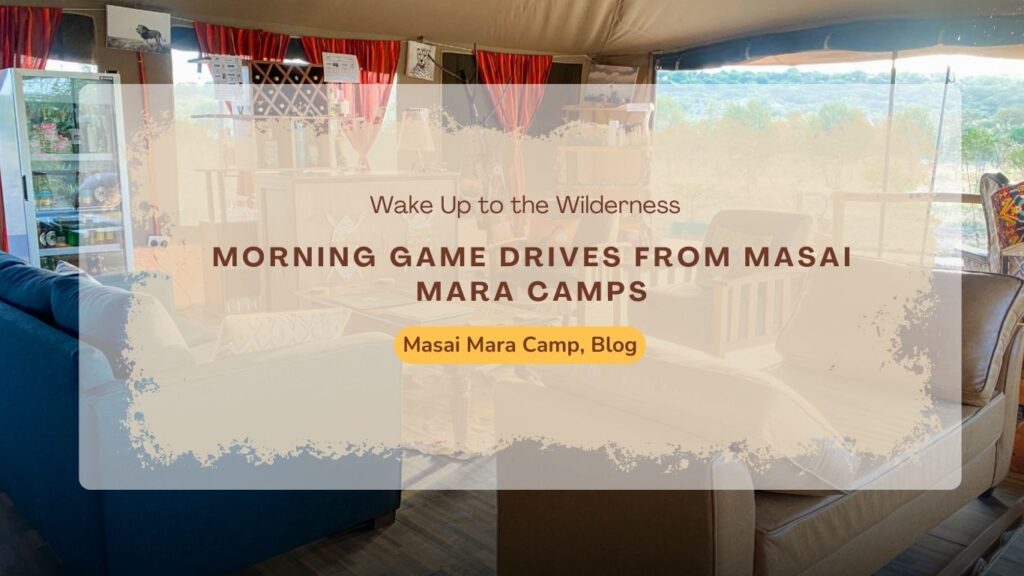
Wake Up to the Wilderness There’s nothing quite like waking up to the sounds of the Masai Mara. The first rays of the sun stretch across the vast savannah, and the wildlife begins its day around you. Your morning game drive isn’t just an activity, it’s a doorway into the heart of Africa’s most iconic […]
Your Guide to Booking the Best Safari Camp in Masai Mara This Year
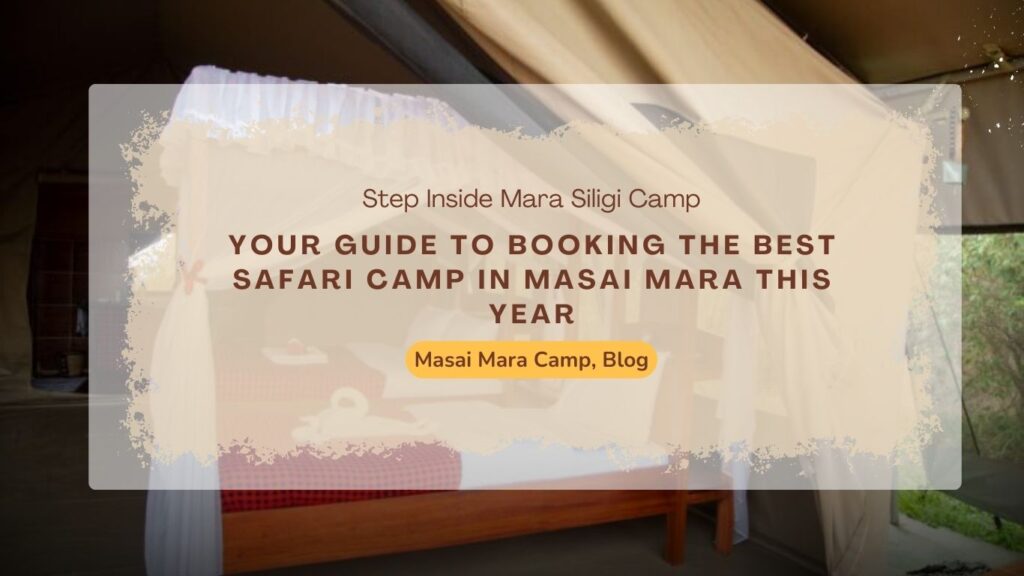
Safari Camp in Masai Mara Selecting the ideal Safari Camp in Masai Mara is crucial if you’ve been hoping for an amazing Masai Mara safari experience, and Mara Siligi Camp can help. This camp, which is tucked away close to Talek, provides the ideal mix of coziness, excitement, and a genuine connection to the breathtaking […]
Tripadvisor Honors Mara Siligi Camp Among Best Masai Mara Camps and Lodges

Tripadvisor Honors Mara Siligi Camp Reaching the heart of the Masai Mara is just the beginning of your safari adventure, but staying at the right camp makes all the difference. Mara Siligi Camp has been recognized by Tripadvisor as one of the best Masai Mara camps and lodges, and for good reason. From immersive wildlife […]
Romantic Mid-Range Tented Camps in Masai Mara for Couples Near Talek
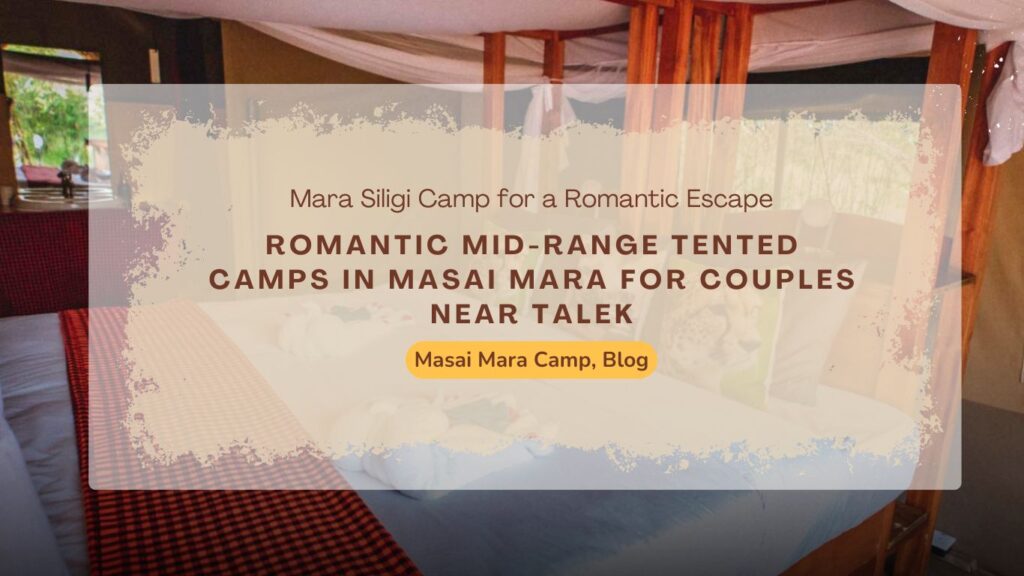
Romantic Mid Range Tented Camps in Masai Mara When you imagine a romantic safari, it’s not just about wildlife. It’s about privacy, atmosphere, comfort, and shared moments that feel truly yours. At Mara Siligi Camp, we create those moments for couples looking for a romantic Mid Range Tented Camps in Masai Mara that feels intimate, special, […]
Best Time to Visit Safari Camp in Masai Mara for Indian Travellers

Safari Camp in Masai Mara for Indian Travellers Planning a safari to Kenya from India? Before you book flights or choose your Masai Mara accommodation, there’s one decision that matters most, when to visit Masai Mara. Picking the right season means: Spotting more wildlife, including the Big Five Enjoying better weather for game drives Paying […]
What Amenities Do Masai Mara Camps Offer?
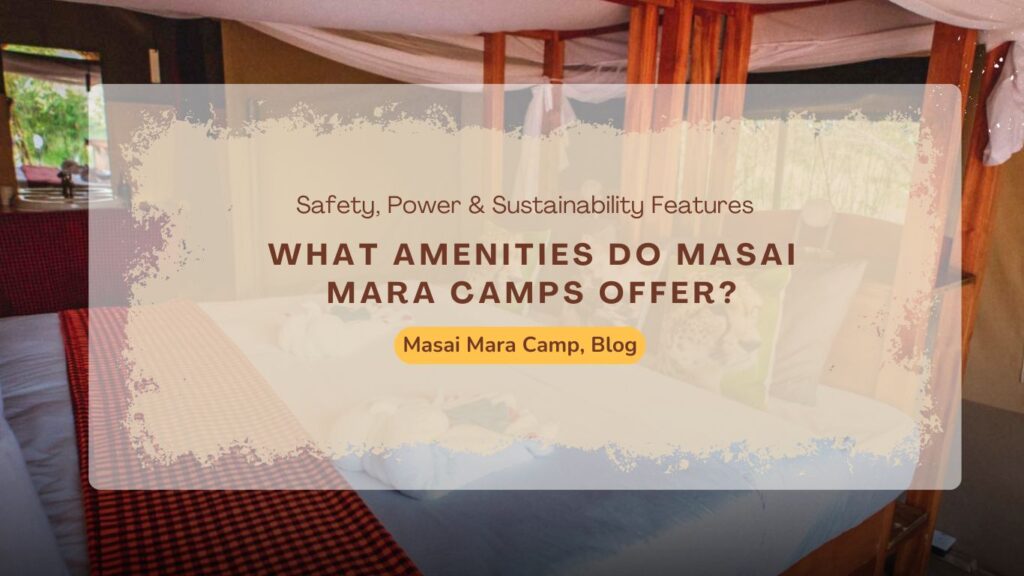
Tent Amenities You’ll Actually Use When you plan a safari, you’re not just picking a destination—you’re choosing how you’ll experience life in the wild. If you’re searching for Masai Mara accommodation, you want comfort, safety, and authenticity without losing the thrill of the bush. I get it. You want to wake up to the sounds […]
What Type of Masai Mara Accommodation Suits You: Luxury, Mid-Range, or Budget Camps?
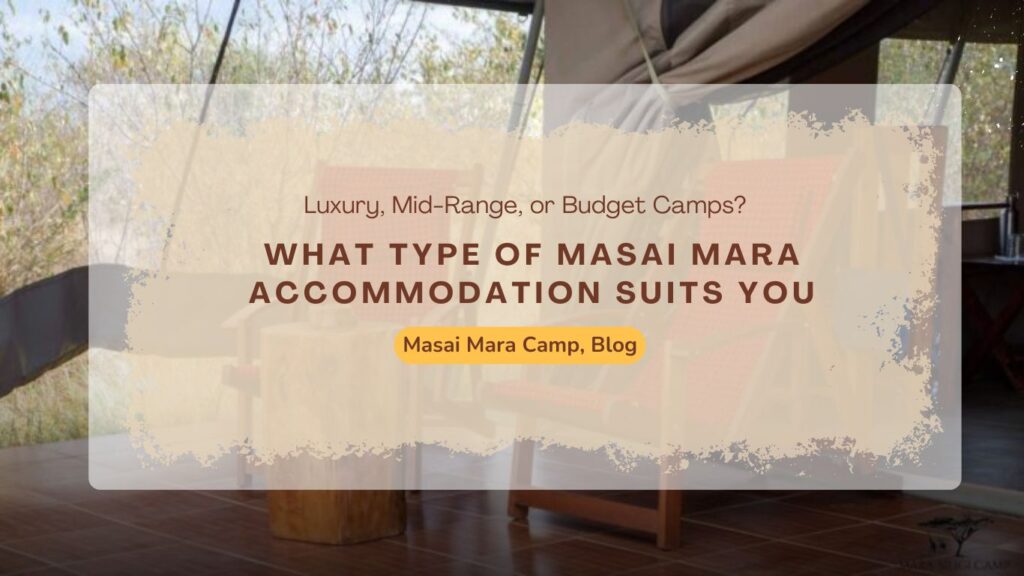
What Type of Masai Mara Accommodation Suits You ? Choosing the perfect Masai Mara accommodation can make or break your safari experience. Whether it’s your first trip or a return visit, understanding the differences between luxury camps, mid-range tented camps in Masai Mara, and budget-friendly camps near Talek helps you plan the ideal getaway. At […]
Top 10 Things Guests Love About Mara Siligi Camp – Best Masai Mara Safari Stay
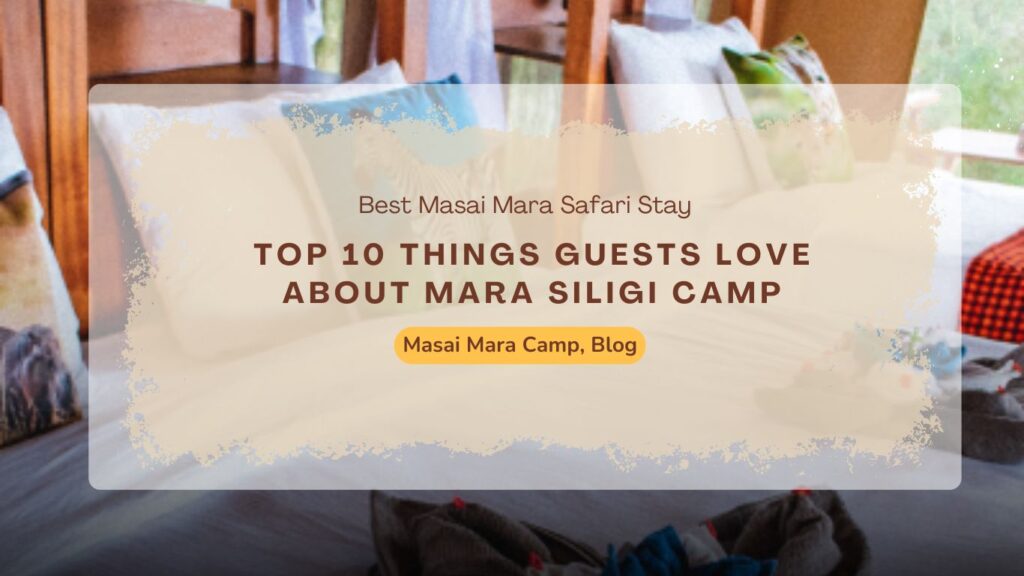
Best Masai Mara Safari Stay When guests return from Mara Siligi Camp, their reviews overflow with excitement, gratitude, and unforgettable memories. Nestled on the edge of the magnificent Masai Mara, the camp offers more than just a masai mara safari stay — it delivers a fully immersive experience that touches every sense. From comfort and […]
